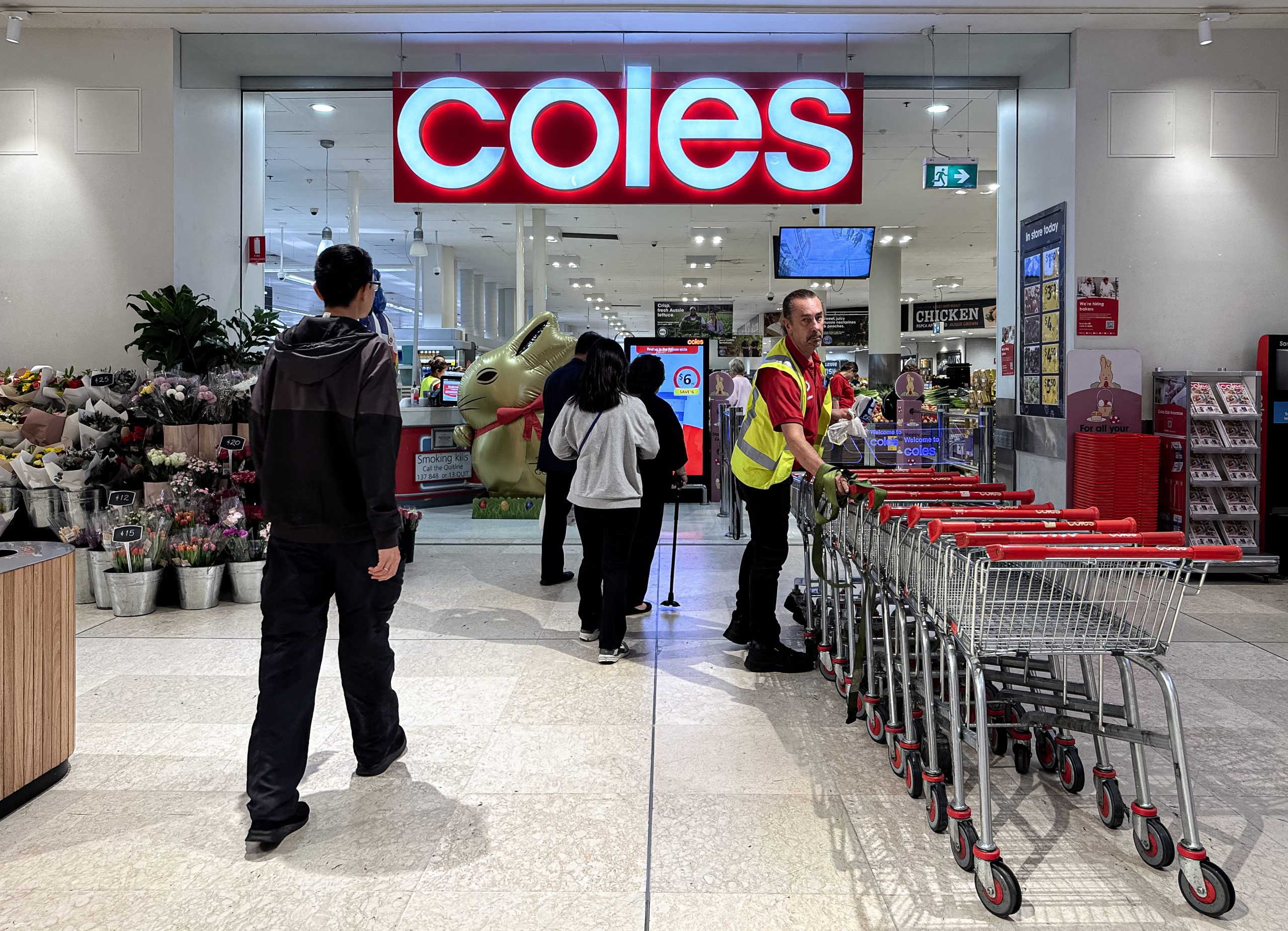Australian shoppers are slashing $315 off their yearly grocery bill by purchasing fresh food that is close to the expiration date but a leading retail believes the discount is now harder to come by.
New research from bank ING has revealed 86 per cent of shoppers engage in the practice, which has equated to a saving of $5.3 billion Australia-wide annually.
The most common items include fresh meat, poultry, seafood, bakery products and fresh produce.
READ MORE: Woolworths announces major change to Everyday Rewards points program

On average shoppers are buying the close to expiry items two-and-a-half times a month, which equates to an average of 30 times a year.
Leading retail expert Gary Mortimer said the phenomenon is “not surprising” as savvy shoppers have been “doing this for years”.
“Supermarkets are now using more advanced AI inventory systems in order to order sufficient inventories to meet demand and therefore avoiding over-ordering and then necessitating markdowns,” Mortimer said.
READ MORE: ‘Cannot believe it’: Sydney dad scoops $2.4 million lotto win
“Buying marked down products as close to the use by date as possible is certainly a great way to save but you will generally find it’s getting harder and harder for consumers to find this in major supermarkets as they combat food waste.
“The big focus is around reducing food waste. We’ve seen many food retailers looking at how do they mitigate having to mark products down.
“It could be things like they will donate food to charity food banks rather than mark it down so that it’s going to needy families.”
READ MORE: Swimmers, an airfryer and a TV: ATO reveals ‘outrageous’ tax deduction attempts

The ING study also revealed that Australians could save an additional $1159 per year by ditching the mid-week impromptu top up shop.
“Over a period of time we used to shop once a week or once a fortnight, when people got paid they did their big grocery shop,” Mortimer said.
“We’re now seeing that the basket size is getting smaller but people are shopping more frequently.
READ MORE: Macquarie Bank accused of multiple ‘disappointing’ compliance failures

“The other reason why we see consumers less likely to do a big weekly shop is that upfront cost.
“When it’s $160 or $180, that’s a big cost, so when you do shopping for a couple of days and it’s $39 or $40, it doesn’t seem to be a big expense.
“What we actually fail to do is calculate that over the entire week and find that we’re probably spending the exact same amount of money.”
Two apps launched in Sydney last year to help residents snap up discounted meals and groceries from shops, cafes and restaurants.
Too Good to Go and Foody Bag offer the chance for shoppers to save money and help businesses fight food waste.
DOWNLOAD THE 9NEWS APP: Stay across all the latest in breaking news, sport, politics and the weather via our news app and get notifications sent straight to your smartphone. Available on the Apple App Store and Google Play.
